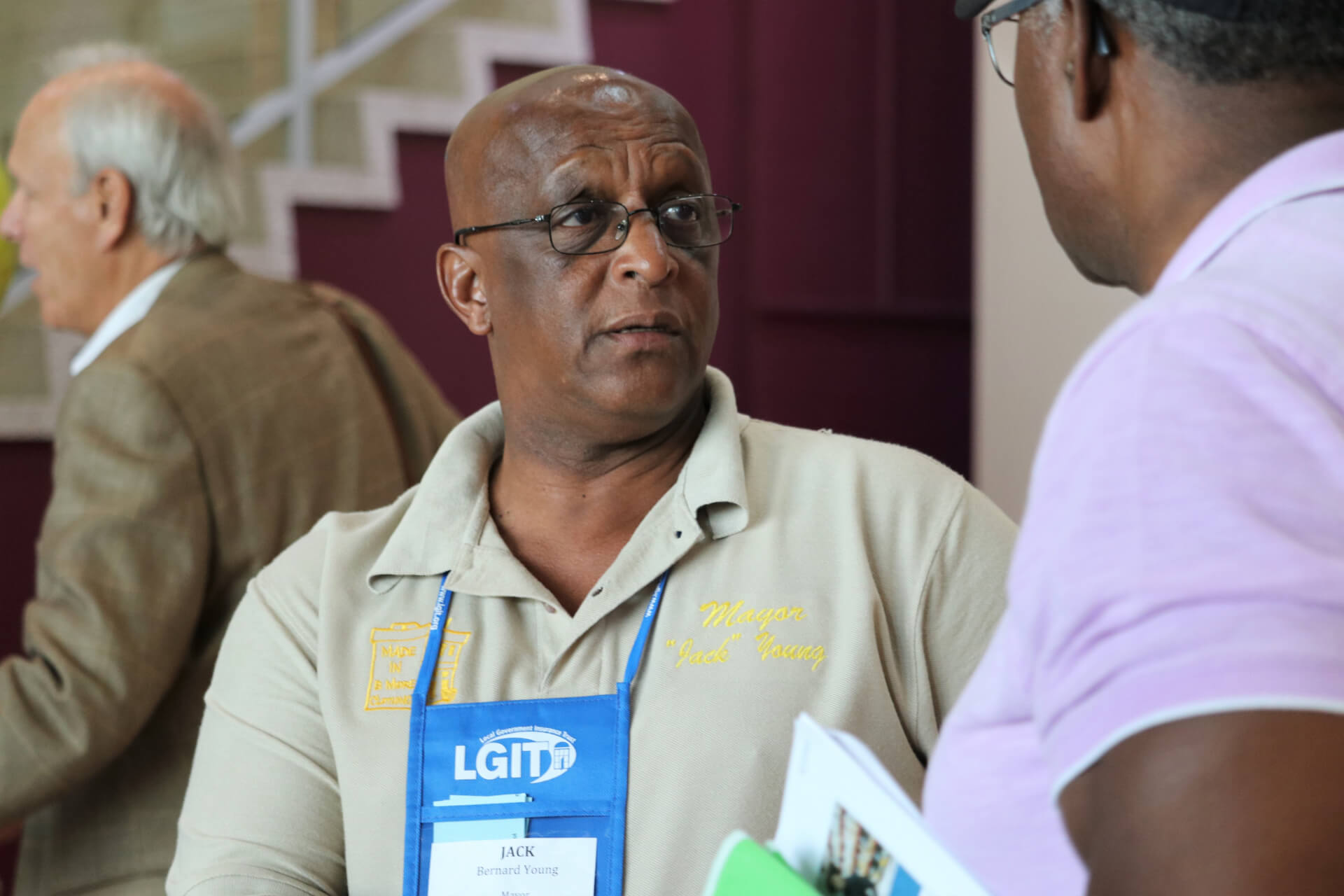Baltimore City Leaders Propose Collaborative Crime Intelligence Centers

Baltimore Mayor Bernard C. “Jack” Young (D), State’s Attorney Marilyn J. Mosby (D) and Police Commissioner Michael Harrison advocated Friday for collaborative, inter-agency initiatives to stop the city’s high rate of crime.
The panel proposed to members of the House Judiciary and Senate Judicial Proceedings Committees the creation of Baltimore City Intelligence Centers, modeled after Chicago’s Strategic Decision Support Centers, in each of the city’s nine police districts. This effort would be a collaboration between the city’s State’s Attorney’s Office, Police Department, the Health Department and the Mayor’s Office of Criminal Justice, teaming assistant state’s attorneys with data analysts, police officers and caseworkers to make the process of facilitating cases more streamlined.
“I’m big on collaboration,” said Young, “not only with our partners in government, but also our community stakeholders who insist we find solutions to the violence that plagues our city.”
Young, who is seeking a full term in this year’s mayoral election, was in Chicago earlier this week to meet with Mayor Lori Lightfoot (D) to see their centers. He said that he’s excited to apply a similar approach in Baltimore.
Mosby said that since Chicago started utilizing these hubs, homicides have declined by nearly 40 percent and the departmental cross-collaboration will allow officials to ditch their “bureaucratic silos” for more immediate solutions to crime investigation and prevention.
“Clearly, this type of cross-agency collaboration is not is not only ideal, but is critical and essential to the reduction of crime in our city,” she said.
Collaboration is the mood within the Baltimore City Police Department this year as Harrison brought lawmakers’ attention to a number of inter-agency crime-halting initiatives, including the Baltimore Warrant Apprehension Taskforce, which over six days in December led to the arrests of over 100 people as a result of efforts by the Baltimore City and Baltimore County Police Departments, the state’s Department of Public Safety and Correctional Services and the FBI, to name just a few.
Harrison said the department’s current crime plan calls for “targeted enforcement” from external agencies, “because, as we all know, the Baltimore Police Department cannot do it alone.”
Baltimore’s crime rate has been at the forefront of the legislative debate in the early part of the General Assembly session. Gov. Lawrence J. Hogan Jr (R) increased funding in his 2020 budget to curb crime in the city, and the House Republican Caucus introduced a package of bills with the same aim.
Mosby said that the city has tried citizens’ trust, citing its revolving door of officials — including five police commissioners and three mayors in the last four years — and the damning 2016 Department of Justice report that found evidence of discriminatory operations within the police department, among other examples of poor police-community relations.
She said public mistrust in the criminal justice system is one reason why crime rates continue to soar, pointing to the 35 percent of cases that her office dismisses because of a lack of willing witnesses and victim participation in the courts.
Mosby said that witness intimidation is “one of the major hurdles” her office faces and that she is advocating for protections for witnesses as a priority this session, citing a bill sponsored by Sen. Susan Lee (D-Montgomery) that would make intimidation a felony crime of violence.
“We will continue to ensure that we’re trying to get the proper sort of cooperation from those in the community because they are the most important stakeholder,” she said.




 Creative Commons Attribution
Creative Commons Attribution